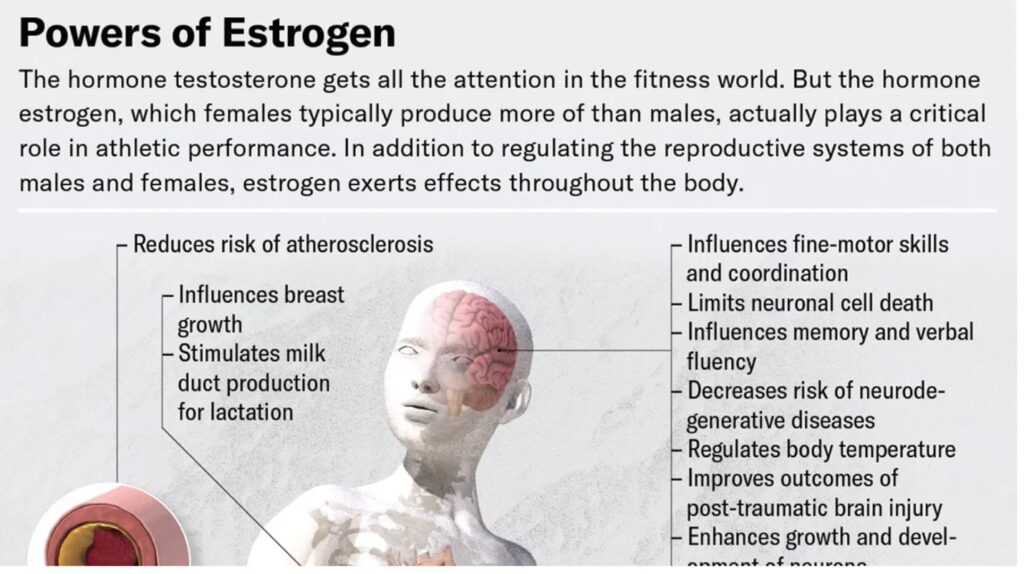The Chicago Council on Global Affairs and WorldPublicOpinion.org have released their data from several of their most recent World Public Opinion — Global Issues surveys. The surveys cover 18 countries and the Palestinian territories and includes Armenia! (Why Armenia was chosen is an interesting issue — anybody who knows or has thoughts about this, we would welcome your commentary.)
In Armenia, the fieldwork was carried out by the Armenian Center for National and International Studies. In the survey documentation, it states that the Armenian survey was done in 1300 nationally representative households using face-to-face interviews. However, how a nationally representative sample was obtained is not mentioned. Also, the sampling frame is not discussed. This leaves many questions of quality in terms of representativeness.
Nevertheless, the data is quite fascinating and it would be great to be able to compare among the South Caucasus countries. Four surveys were recently released: “Views of the United States,” “Genocide and Darfur,” “Climate Change and the Global Environment,” “Labor and Environmental Standards in Trade Agreements.” The former three will be covered briefly in this blog entry.
Views of the United States
Armenia’s views of the United States appear to fall in the middle of the surveyed countries. 63% of Armenians responded that they thought that the “U.S. is playing the role of world policemen more than it should be.” However, even more Americans (76%) agreed with this statement. Indeed, only in one country — Philippines — did more than half of the population disagree with the statement.
Asked, if they trust the U.S. to act responsibly in the world, 27% of Armenians said “not at all” and 31% “not very much.” This puts Armenia squarely in the middle of responding countries. Argentina is the most distrustful (69% “not at all” and 15% “not very much” and Israel (56% “a great deal” and 25% “somwhat”) the most trustful.
Genocide and Darfur
Questions related to Genocide would seem particularly interesting to ask in Armenia, given the hotly debated use of the term in the Armenian context. So how do Armenians respond? When asked if the UN has the responsibility to intervene against the will of a government where the genocide is taking place, 66% of Armenians thought that the UN had that responsibility–though a large percentage (19%) said they were not sure or declined to answer.
However, the survey indicates that Armenian interest in the politics of genocide may not transfer to other contexts– or perhaps there is no media coverage. When asked if the UN had the right to intervene in Darfur, 46% of Armenians said they were not sure or declined to answer (similarly high rates occurred in Ukraine, Poland, Thailand and Argentina). Of those who answered, the largest percentage (29%) did think that the UN had the responsibility to authorize intervention.
Climate Change and the Global Environment
According to the survey, Armenians respond similarly to Russians. When given a series of statements ranking the importance of global warming, 19% of Armenian and 22% of Russians chose the statement that took global warming the least seriously, saying that “Until we are sure that global warming is really a problem, we should not take any steps that would have economic costs.” Only India had a higher percentage that chose this response — 24% — though the U.S. did not do much better at 17%. The margin of error is different in each country, so maybe the U.S. is worse than Armenia but not nearly as conscious as Thailand, where only 7% chose the response.








